James Knutson MD has been owner and Principal Investigator for CCR and conducted over 250 clinical trials. Dr K has had a special interest in addiction medicine for the past 25 years and has worked in acute detox since 2012.
Long-term alcohol use and abuse can result in significant physical and psychological health challenges. The disease of addiction is without barriers. It does not see wealth, poverty, religion, or otherwise. Acknowledging a problematic relationship with alcohol and seeking help may be among the most challenging decisions you will ever make.
While detox and withdrawal can be complex, they are essential to a future free from alcohol. Because alcohol withdrawal can cause dangerous side effects, it is highly recommended that one goes through the withdrawal and detox process at a Spokane alcohol detox. Although comprehensive treatment is essential to maintaining lasting recovery, detox is the first step in recovering from alcohol addiction.
Alcohol dependency is when an individual finds it difficult to enjoy life or relax without having a drink. An alcohol-dependent individual may constantly worry about where the next drink will come from or has a compulsive need to drink and doesn’t have the ability to stop once they have started. Alcohol can interfere with neurotransmitters in an individual’s brain and cause feelings of anxiety, depression, and even suicidal thoughts. Signs of alcohol withdrawal are commonly seen as shaking or sweating; these withdrawal symptoms stop once alcohol gets back into the bloodstream.
Individuals who drink heavily tend to keep increasing the amount they drink because they develop a tolerance to alcohol. Tolerance is a physiological response that individuals have to most drugs. The more of the substance that is consumed, the more you must consume for it to have the same effect. Like many other substances, alcohol can be both physically and psychologically addictive.
When you attempt to reduce how much you drink or to stop drinking entirely, your body’s dependence on alcohol will cause withdrawal symptoms which can inevitably be difficult to manage independently. When the anxiety and pain from alcohol withdrawal begin, it can become too much to tolerate for many individuals. In most cases, this is the leading cause of relapse. We help mitigate the symptoms of detoxing through a medication protocol designed to help you detox safely and as comfortably as possible.
We Work With Most Major PPO & HMO Insurance Providers. We Now Are Accepting Medicaid for Outpatient Treatment. Within Medicaid, we only accept Well Point and Community Health Plan of Washington plans.
We Are An In-Network Provider For Kaiser And Lifewise Insurance Carriers.












Alcohol detox is an essential step toward recovery. Unmanaged detox symptoms are a significant cause of relapse for many. A Washington medical detox program is crucial to begin the recovery journey. Through proper medical treatment and additional therapy, a former addict is more likely to be successful and sustain sobriety.
An inpatient alcohol detox provides several benefits. A few examples include:
The road to sobriety and recovery involves many steps. The first of these is withdrawing and detoxing from alcohol. Alcohol withdrawal is the collection of symptoms experienced when you suddenly stop drinking alcohol or try to reduce how much you drink. Symptoms of alcohol detox can range from mild to life-threatening. The severity of your detox symptoms will vary based on individual factors, including how much you drink and for how long you have experienced problem drinking.
Alcohol withdrawal symptoms within 6-12 hours of last consumption:
Alcohol withdrawal symptoms between 12-24 hours of last consumption:
In addition to the above symptoms, which typically continue throughout the detox timeline, visual, auditory, or tactile hallucinations often begin 12-24 hours after your last drink. Typically these usually end within 48 hours.
In most cases, alcohol withdrawal symptoms will peak and begin to subside within five days of beginning detox.
Alcohol withdrawal symptoms between 24-48 hours:
The most severe and intense symptoms of alcohol withdrawal generally occur within 24-48 hours after your last drink. Examples of these may include:
We understand how challenging it can be to know if and when you or your loved one needs help with addiction. By taking this quiz, you can get a quick assessment of some signs that may indicate whether or not you need to reach out for help.
The most successful way to start your treatment for alcohol addiction involves medically supervised detox services. Because of the high risks associated with withdrawal symptoms, FDA approved medication can be provided by licensed facilities. These medications help ease your symptoms and prevent relapse moving forward by reducing the risk of cravings or inducing unwanted responses if you choose to drink, like vomiting.
However, in order to use these FDA approved medications you have to agree to pursue ongoing therapy immediately after your detox which can include inpatient or outpatient treatment.
Inpatient programs or residential programs are most effective for people with severe addictions and those who need medication assisted treatment for detox. with an inpatient program you live at the facility full-time and that helps you avoid the influences in your daily life or the temptations that might trigger you to relapse.
At our facility we offer several types of outpatient programs each of which come with different levels of support and commitment from you.
You can choose things like IOP which spread out your services over the span of several weeks and require a part-time commitment from you. This commitment might include a few days per week with an average of 5 hours each day made up of different types of counseling and therapy.
A PHP is slightly shorter, spanning only a couple of weeks with a full-time commitment which is better for people who have vacation time or breaks in their schedule where they can take a couple of weeks off to focus exclusively on their recovery.
If you participate in residential treatment, you can expect every day to be heavily structured with your schedule filled with activities and therapies that alleviate any unscheduled time.
A sample of what you might expect during residential care looks like this:

At Sequoia Recovery Centers, our top priority is the safety and comfort of our patients. We do our best to address withdrawal symptoms and keep patients as comfortable as possible throughout the alcohol detox program. If you or someone you know is ready to overcome an alcohol addiction, don’t wait to seek treatment. The longer one is addicted to alcohol, the more complex and potentially dangerous detox can be. To learn more about our Washington treatment services, contact Sequoia Recovery Centers today.